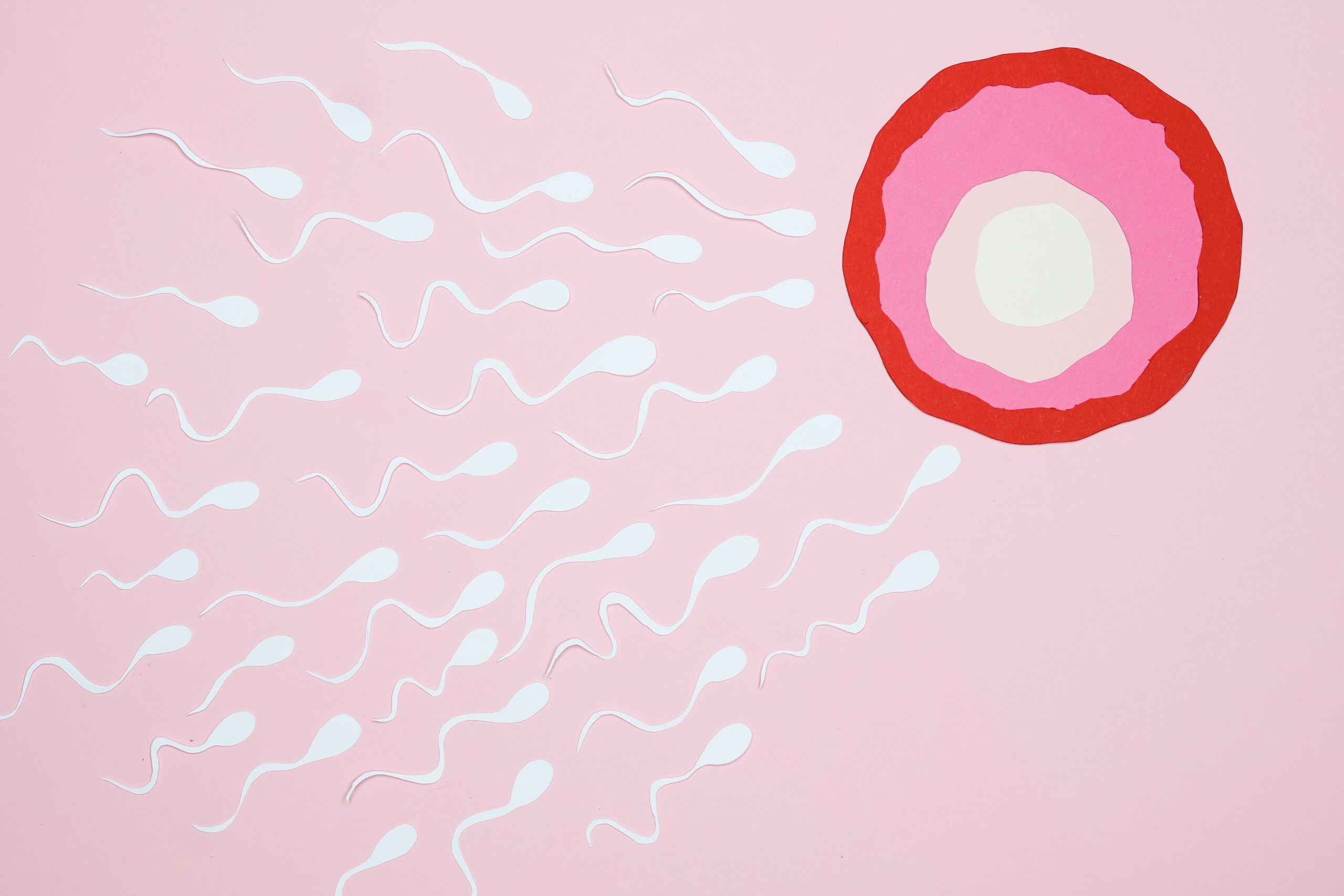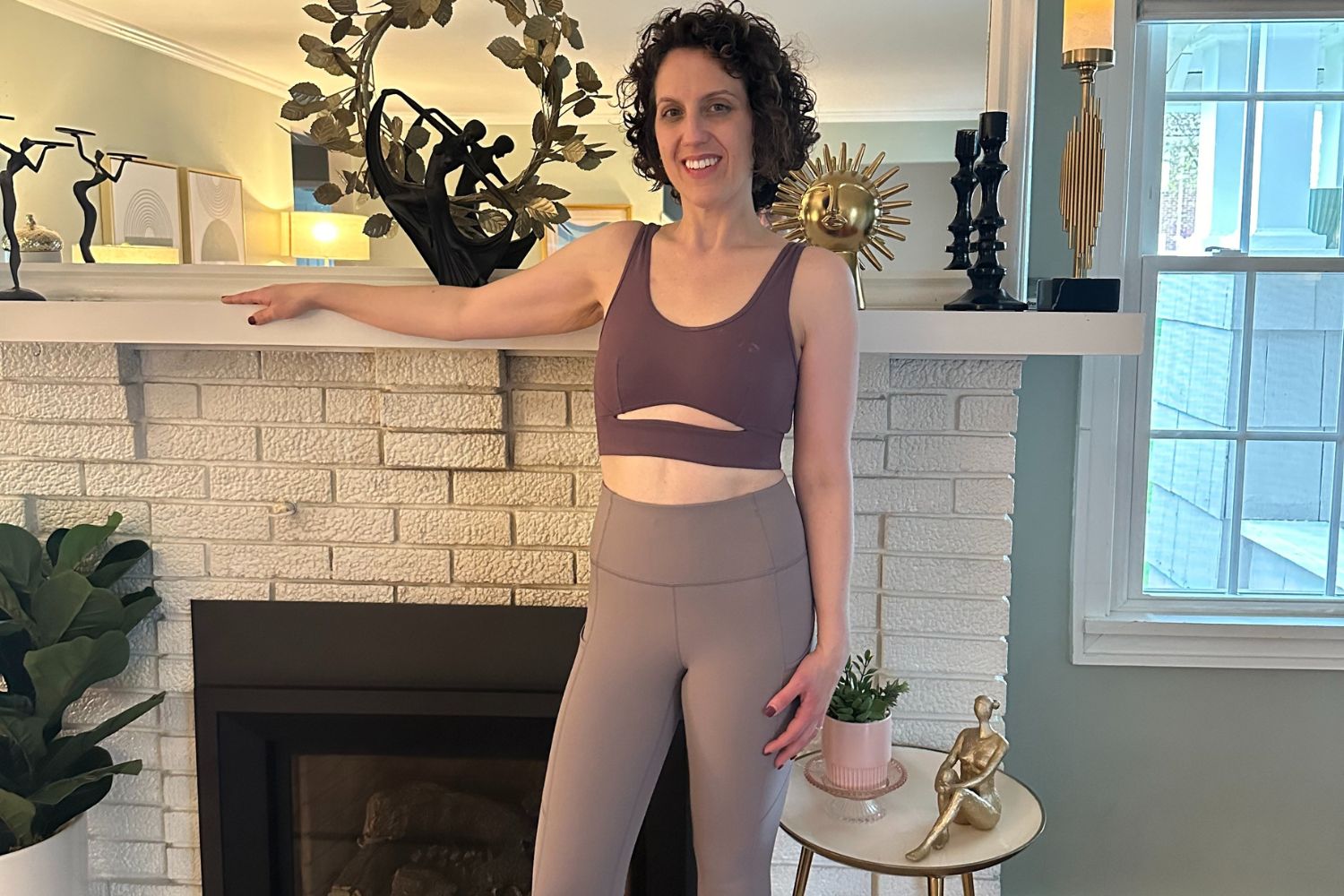
Pregnant over 40: owning fear, embracing uncertainty, and the confidence of aging ovaries
The series, Pregnant over 40, continues. In this installment, columnist Bonnie Ho discusses the physical and emotional struggle of IVF, facing disappointment on her terms, and letting go, for real.
I am 43 years old and I’ve been undergoing IVF for the past few months. Sometimes my age isn’t even on the fertility clinic’s success rate chart, because they’d honestly rather not show that data. Conceiving over 40 is clearly statistically challenging and chances are decreased, but like a lot of people, I thought “Well, you can always do IVF.” I considered it a sure-bet miracle, as if I could give the doctor a bag of money, and they’d hand me a baby.
Our $20,000 IVF rollercoaster ride
That’s apparently not how it works. IVF is one of the few things you can spend over $20,000 on and have nothing to show for it. It’s like gambling, with 40 shots in the belly, and questionable odds.
I was reluctant and apprehensive when I decided to go to a fertility clinic. My husband and I had attended a webinar at another clinic six months prior that was very negative towards older mothers, so I made it clear to my chosen doctor, after tons of research, that I didn’t want any shade for my age. I was well aware of my lowered chances, so I wanted honesty, with a side of positivity. Luckily, my doctor has just the right bedside manner. That, plus early tests that showed that my chances were better than average for my age. This gave me a mini-dose of hope, plus a bouncy lift for my slightly-wrinkled ego
Tell me how plump my uterus looks. Tell me I have the ovaries of a 39 year old. It was better than Botox for my reproductive confidence.
I feel great empathy with anyone who has ever undergone IVF. First, receiving shot after shot of meds coming from previously-unfathomable sources — like Menopur, with hormones originally derived from purified menopausal nuns’ urine — right in the belly. As the hormones increased in my system, I got more and more tired, bloated, and hormonal, crying at the slightest emotionally-tugging YouTube ads. (I’m looking at you, VRBO.) Then, one last shot — for me this time it was Pregnyl, which is purified pregnant women’s urine – before egg retrieval, to stimulate ovulation.
I honestly never imagined I’d be shooting up this much urine.
Next comes what feels like the minute-by-minute nervous waiting. In our first IVF cycle, we retrieved seven eggs. You leave your precious egg and sperm with the lab, told that you’ll get an update in 24 hours. Since you’re put under anesthesia with a needle to the ovary, you can’t do much afterwards. So you’re just sitting around, waiting to hear what’s happening. We ended up going to see the movie Cocaine Bear — the perfect campy escape.
We learned of the worst outcome a day later: no eggs were fertilized. My ovaries still stung from the procedure, our bank account was down by a couple of tens of Gs, tubs of sharps containers still sat on my kitchen counter, and, just like that, it was done.
IVF tossed me around emotionally, mentally, financially and physically. I realized that my initial excuses about not wanting hormones pumped through me accompanied a deep fear of the possibility of this kind of bad news. More importantly, I feared the possible implications of this outcome: that I failed, spent money on nothing, made bad decisions, was too old.
As I sat with the news, a weird strength took over, and a realization came: I did something difficult, it didn’t work out, and I was still okay. I thought of a quote I’d heard about fear and pain, that the only way out is through. I felt suddenly invincible, and wondered what I was afraid of anyway. There are things I want to say, do and create into the world, and in the light of this process, none of it felt scary anymore
Feeling my own pain after years of people-pleasing
The day after, I woke up to a deep heartache. Sitting on my couch in jammies with a heating pad on my tummy, I felt hopes dashed, and possibilities passed. I knew from my experience in grief work that I needed to feel this hurt now, or it would persist.
This piercing sting in my heart was interesting, and different from any past disappointment. As a veteran people-pleaser, I tended to center my pain on others – fear of disappointing them, and of how they would feel. But this disappointment was all mine.
Maybe this is weird to others who are easily connected with their own true desires, but my fear of disappointing others made it very difficult for me to discern what I really want.
“Oh wow,” I thought. “I do want this. I want to be a mother.”
This was meaningful information for me, considering that when my husband and I began dating, it was still a question mark. He wanted a family, and I was unsure, despite my subconscious prodding me for months before with vivid dreams of motherhood.
As my husband and I dated, I felt a safety I had never felt before with anyone. I realized my hesitation had to do with feeling unsafe with past partners. But still, as we began trying to conceive, my central desire was to have a family with the man I loved, rather than me being a mother.
Embracing the humility of not knowing
In the doctor’s office for our second IVF cycle, the nurses drew my blood with that “I’m sorry” look in their eyes, but I didn’t mind. Despite the human hope that perhaps I was special, I knew my chances of conceiving on the first try were pretty slim.
In our first cycle, I did lots of research, and made definite decisions. My cunning mind tends to think I can reason my way through some loophole that will get me the desired outcome — as if I’ve decoded some secret that all those other 43-year-olds didn’t know about. Before IVF, I had done acupuncture and taken 10 supplements daily, and I thought that was the answer. And maybe it helps, but after all of that analyzing, I had the humbling realization that I don’t know anything for sure.
I was done trying to reason my way into a baby, and ready to accept the uncertainty. So as I went into the second cycle, I adopted an “I don’t know” mantra. I decided that I would continue doing all the things I needed to do — take the shots, go for my ultrasounds, eat healthy meals, and take my supplements. But I stopped speculating about the outcomes — no future-tripping, researching, and constant wondering if I’m doing the right thing.
I realized that we simply don’t know, and even the doctors can’t predict certain outcomes. I understand that there is only so much they can do. They’re the experts, the scientists who can make it happen, but, especially with IVF, it’s just as much a profession of faith. I would think with all the bad news they have to give on a daily basis, it would be hard to do this work without some faith in the process.
In our age of reason, we seem to have forgotten that “I don’t know” is a perfectly okay answer. Uncertainty allows us to be vulnerable. It opens us to help from loved ones and our community, plus whatever sparkly forces are out there. Before this experience, I saw IVF as a way to control a pregnancy into happening. Now I can see that this process involves randomness, chance, synchronicities, surrender — and a whole lotta faith.
We were able to retrieve 10 eggs thus far in our second cycle. Seven were fertilized, and now we’re down to one – a 5AA embryo in chromosomal testing, the highest quality. Friends and family are rejoicing and asking if we’re excited. We’ve certainly been celebrating along the way, and are grateful we have a chance, but we also know that at any point, it can be over again.
And this question mark is where I leave you.
We don’t need faith In our world of Netflix-binging instant gratification, where we can clear a weekend and reach a story’s finale. There’s a part of me that doesn’t want to write this article until I have a baby, and can offer a glimmer of hope to those going through the same process. But then, I think about all of all the people for whom IVF didn’t work, and those who are still going through it. They need to be seen, too.
Maybe this is the end of the story for us; we just don’t know. Life opts us into the human experience of love, joy, and happiness, but also of upsets, disappointments, and worries. These ups and downs require faith, compassion, and empathy. It doesn’t take becoming a mother to experience that.
Photo by Nadezhda Moryak.




